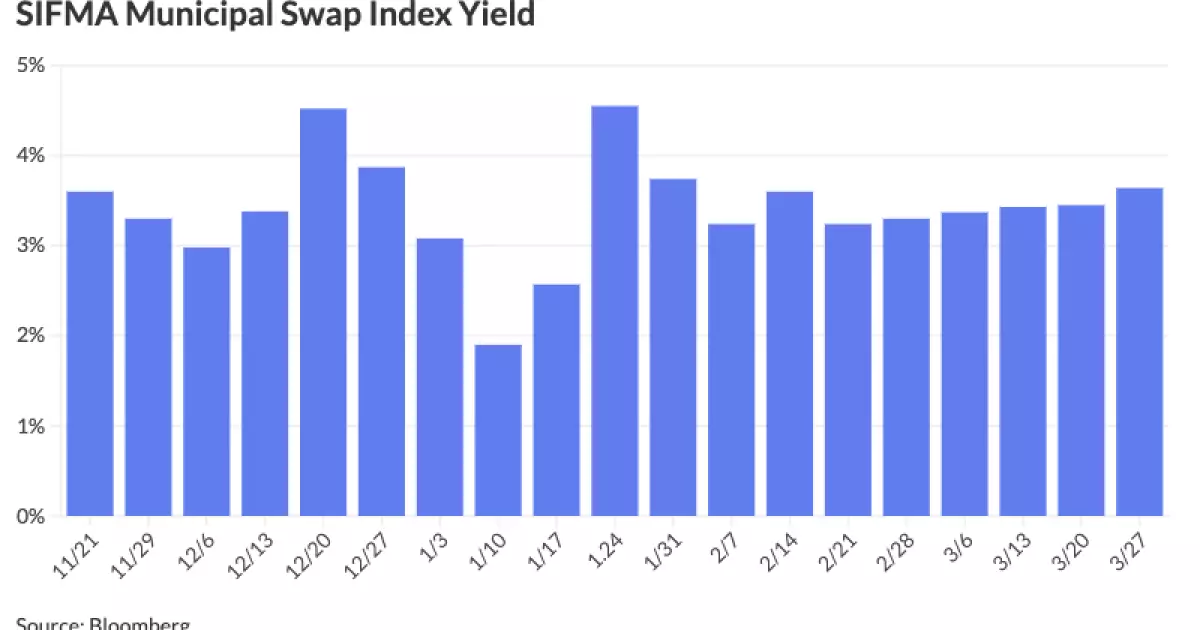As tax season unfolds, the municipal bond market is encountering challenges and facing selling pressure. This phenomenon is attributed to investors shifting away from short-term investments to cover their tax obligations. Despite the current underperformance of the muni market, it is still considered a viable option for investors, and the overall demand is anticipated to remain strong. According to Bloomberg data, munis have experienced a negative return of 0.06% month-to-date, while USTs have seen gains of 0.63% and corporates are up by 1.18%. This trend indicates the impact of tax season on the muni market, leading to a decrease in performance compared to other asset classes.
Steve McLaughlin, co-head of the municipal capital markets group at S&P Global Market Intelligence, highlighted that munis typically underperform during this time of year. The expected selling pressure linked to tax liabilities that arise before April 15 contributes to the temporary setbacks experienced by the muni market. The tax season-induced selling pressure is expected to be transitory, with underlying demand for munis remaining intact despite the challenges posed by the tax season. Investors are advised to approach tax season with cautious optimism and strategic investment decisions.
During tax season, investors tend to sell their municipal bonds first, resulting in wider spreads and higher yields, particularly in the front end of the curve. Short-duration assets such as variable-rate demand notes (VRDNs) become popular choices for investors anticipating tax payments. The increase in Municipal Securities Rulemaking Board flows for one-year and in paper reflects market participants’ readiness to address upcoming tax liabilities. Short-duration investors exhibit apprehension due to potential funding pressures that can lead to market volatility during tax season.
Historically, tax-exempt money market funds witness outflows before Tax Day, contributing to fluctuations in SIFMA resets. The impact of tax season on the muni market is expected to be less pronounced this year, attributed to healthy market supply and strong investor demand. The ability of the market to absorb new issuances and the oversubscription of deals demonstrate the resilience of the muni market amidst tax season challenges. Investors and advisors are exploring opportunities to navigate the tax implications, with particular emphasis on munis as a tax-efficient investment option.
Despite the market dynamics influenced by tax season, there is an expectation of less volatility this year, reflecting the market’s ability to adjust to changing conditions. The ongoing structural imbalance between market supply and investor demand creates a favorable environment for investors seeking entry points into the muni market. Market participants are advised to leverage the current market conditions and explore opportunities across the yield curve following the resolution of tax season challenges. Each year presents a unique narrative for investors to consider, with varying interest rates, credit outlooks, and market conditions shaping investment decisions.

